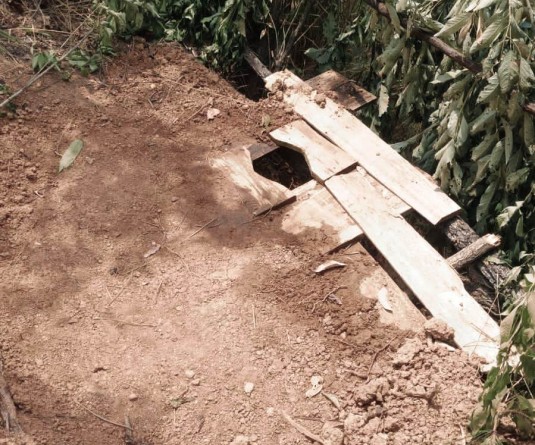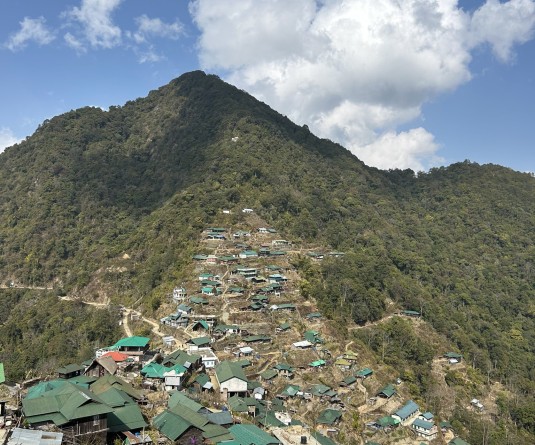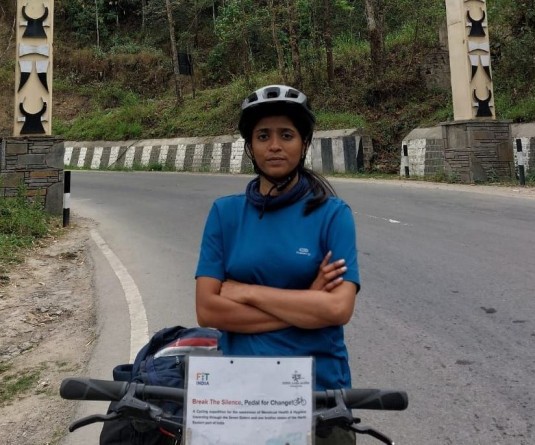
• Naga society needs to redefine social institutions to confront mental illness & suicide
• September 10 is World Suicide Prevention Day
Ketholeno Neihu
Dimapur | September 9
A celebrity in the United States commits suicide or a metro city reports a suicidal death of an aspiring civil servant; the trauma that follows leaves lasting guilt and dissatisfaction as well triggering the need to identify and help someone in need.
On September 10, the world observes World Suicide Prevention Day under the theme “Working Together to Prevent Suicide”.
According to the World Health Organisation (WHO), every year, almost one million people die from suicide and 20 times more people attempt suicide. One death every 40 seconds and one attempt every 3 seconds, on an average is recorded. In India, about 2.5 lakh people die of suicides every year.
In Nagaland, the National Crime Records Bureau (NCRB) recorded 13 cases of suicidal deaths in 2014 and 21 cases in 2015, a significant increase of 61.5%.
“But suicide cases are not often reported,” states Rovizhokhonuo Pienyü, a Psychologist, adding, "Underreporting is not an absentia of the problem." She further says that an increase in 61.5% in 2014-2015 is a concern.
“In our state, cases of suicide or attempts at suicide are talked about in a hush hush manner,” Dr Imlibenla Mongro, a Clinical Psychologist observes. A study conducted for her dissertation last year on “Psychological Distress, Depressive Symptoms and Suicidal Ideation among College Going Youth of Nagaland” in several colleges indicated that 23.6% of her respondents had suicidal ideation.
Changing trends and current scenarios have inevitably made us more reclined to the digital world. Dr Viketoulie Pienyü, a Psychiatrist stated that addiction to mobile phones, online games and social media are major health concerns for the present generation.
Cases of mental health issues are increasing because of increasing daily stress, he adds.
Dr Viketoulie points out that some causes of mental health issues and depression include failure in life, failure at work, relationships and lack of self esteem which eventually leads to a person contemplating suicide.
“The increasing nature of suicidal ideation can be due to many other reasons like lack of awareness of mental health issues; not knowing that they have a problem that needs to be addressed; not knowing whom to get help from; most importantly, lack of mental health professionals in Nagaland,” Dr Imlibenla explains.
However, she assert that “strong and well-organized communities at familial level, in the churches and society among the Nagas are driving forces of instilling hope to people undergoing depression.”
Stating that for Naga society, mental illness carries a stigma, she observes that many patients don’t come to the hospital for treatment and instead prefer to go to prayer centers.
“The difficulty to open-up with elders or parents to talk about the problem many times results to dismissing the discussion because of parents making comparison saying that the present generation lives with much more comfort than them,” Dr Imlibenla adds.
On the prevention side, Dr Viketuolie said that greater understanding on the part of parents needs to be inculcated and more social involvement on the part of every individual with a little bit of openness towards the problem was suggested.
Grace (name changed), who considers herself as a fighter and survivor of mental illness, expressed that she for a long time struggled to wake up each morning with the hope to live, “as if I had a cloud in my head.”
Making quarterly visits to the doctor as an out-patient to the State Mental Health Institute in Kohima and seeing other patients with severe cases, she considers herself “lucky” and at the same time, she said: “I share the depth of their pain and struggle.” Grace contemplates undergoing medication, counseling and social participation.
Observing that people with mental health problems also seek to talk to people with similar problems, Dr Imlibenla says that it has made her realize that “forming support groups in social institutions like churches, educational institutions etc can be very helpful so that people don’t talk about it in a hush hush manner.”
Joining the global initiative to spread the message of bringing awareness and prevention to the people, she adds, “We really need a lot of man power. Churches, youth ministries, prayer centers, NGOs, colleges and schools, village community can be trained to look out for suicidal behaviour, to talk about prevention, to improve approachability, to make professional referrals of help seeking.”





